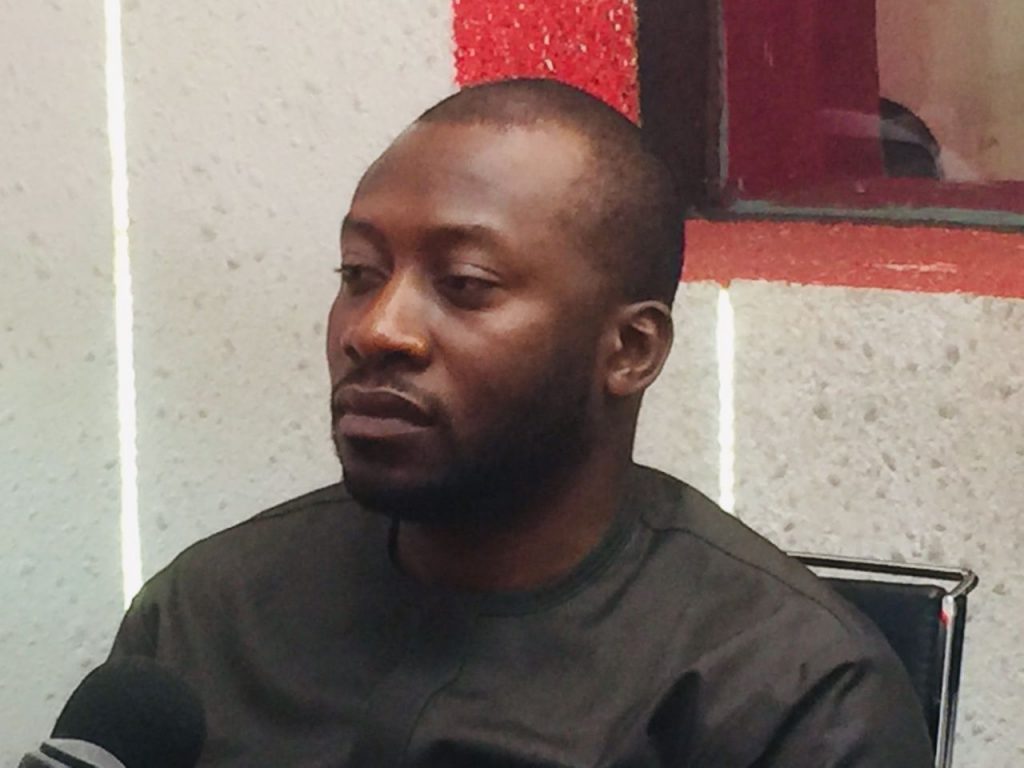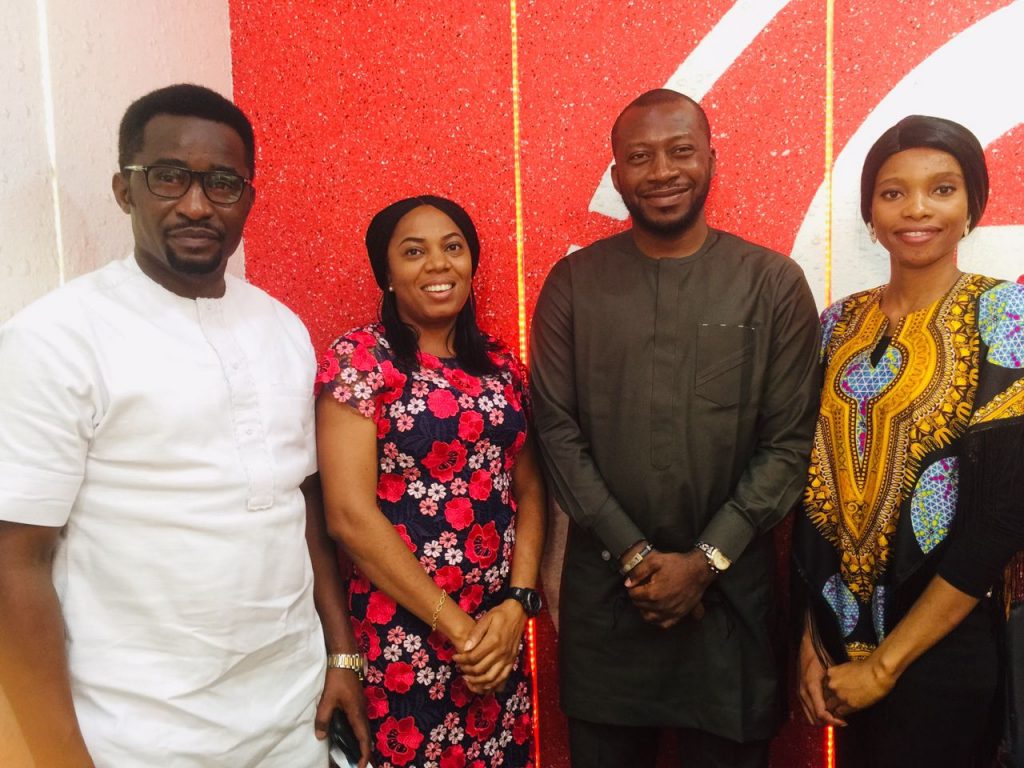The Federal Government has been urged to incorporate citizens’ voices in the fight against corruption by encouraging the use of technology and social media in exposing corruption and other acts of wrongdoing in the country.

The Head of Mission at Leadership and Accountability Initiative, Nwazuluahu Shield led the call during an anti-corruption radio program, PUBLIC CONSCIENCE on RADIO, produced by the Progressive Impact Organization for Community Development, PRIMORG, on Wednesday in Abuja.
 Shield, who described social media as a truth-telling tool urged President Muhammadu Buhari-led administration to embrace the use of social media in the fight against corruption instead of stifling the space. He added that citizens’ journalism should be applauded and encouraged as it goes a long way in exposing acts of corruption perpetrated by Nigerians.
Shield, who described social media as a truth-telling tool urged President Muhammadu Buhari-led administration to embrace the use of social media in the fight against corruption instead of stifling the space. He added that citizens’ journalism should be applauded and encouraged as it goes a long way in exposing acts of corruption perpetrated by Nigerians.
Shield noted that citizens’ interest in Nigeria’s fight against corruption in the last six years has been on a decline over the government’s insincerity in fighting corruption, and stressed that the government has been scared of social media since 2015.
“The fight against corruption depends largely on intelligence gathering and intelligence gathering involves citizens; There’s a nation beyond politics, what we encourage the government to do is to show sincerity, and that is the only way citizens will buy into their anti-corruption fight.
Underscoring the importance of social media in Nigeria, Shield had these to say: “This government is scared of social media because social media has been the only opposition they have had since 2015, we used social media to refuse them pass the anti-social media bill; Social media is the reason why today in the National Assembly there is a bill on electronic transmission of results; Social media is a tool that says the truth, and any sincere government should embrace social media.”
He also stressed the need for anti-corruption agencies in the country to be totally independent of political influence, “When you have your anti-corruption agency reporting to a politician, it’s a problem. “The EFCC should not report to the president. It should be independent, their funding should be front-line charge and the only business they should have with politicians should be when they are inviting them for questioning.
“If we want to fight corruption, it is extremely easy. We must take the institutions away from politicians completely. Political meddling in the fight against corruption has made it difficult,” Shield said.
 On his part, a social media influencer and blogger, Mark Amaza said social media and technology have given millions of Nigerians voice and opportunity to put forward their grievances and frustrations of the system.
On his part, a social media influencer and blogger, Mark Amaza said social media and technology have given millions of Nigerians voice and opportunity to put forward their grievances and frustrations of the system.
He called on President Buhari and his entire cabinet to find ways to incorporate more of citizens voices in their anti-corruption campaign and drop all attempts to stifle citizens voices on social media.
His words: “To the president and entire government, if you’re really serious about fighting corruption, you’ll find ways to incorporate more of citizens voices in that regard.
“All attempts to regulate social media will only stifle citizens’ voices and that’s not what a democracy is meant to be.”
Amaza, however, disclosed that more citizens are now using social media to expose corruption in the country and need to be encouraged by governments at all levels, and expressed worry that some social media campaigns against corruption in the country easily die down with government not taking action.

Public Conscience is a syndicated weekly anti-corruption radio program used by PRIMORG to draw government and citizens’ attention to corruption and integrity issues in Nigeria.
The program is supported by the MacArthur Foundation.
About Author
You may also like
-
SGBV: Activists Seek Stringent, Stiffer Penalties For Rape Offenders
-
Anti-Corruption: Whistleblowing Law Long Overdue – Activists, Lawyers Counsel FG
-
N12bn Bribery Scandal: EFCC Urged To Prosecute Indicted Nigeria Customs Officials
-
NEIP: ICPC Harps On Collective Fight Against Corruption
-
ICPC Says Constituency Projects Tracking Declining Corruption, Urge Nigerians To Report Infractions
